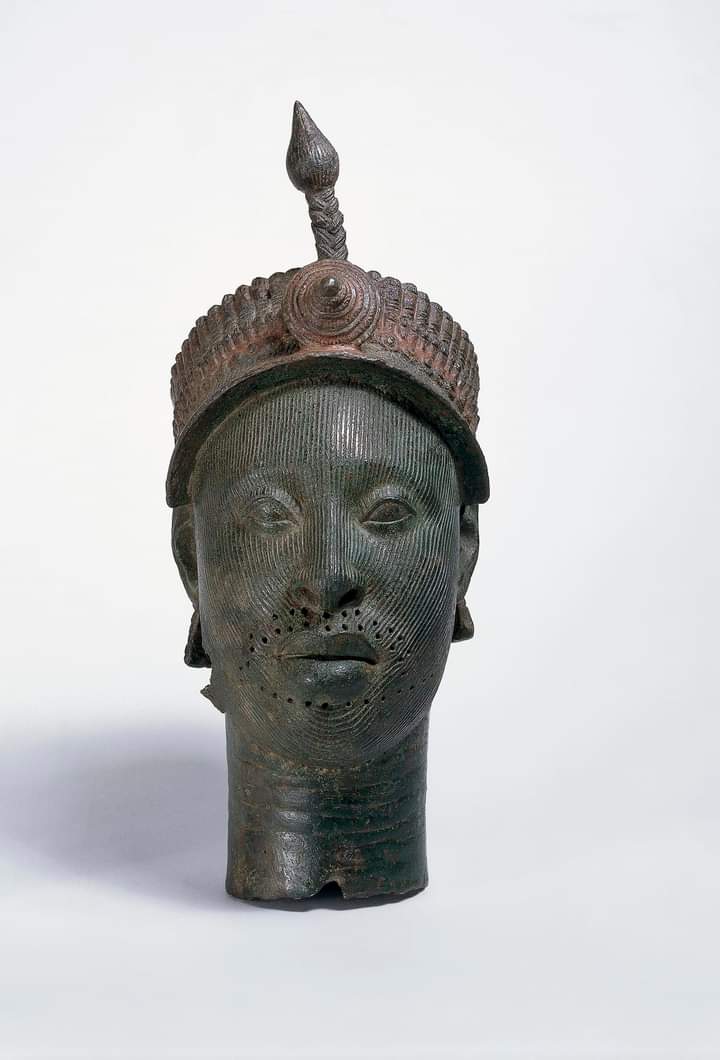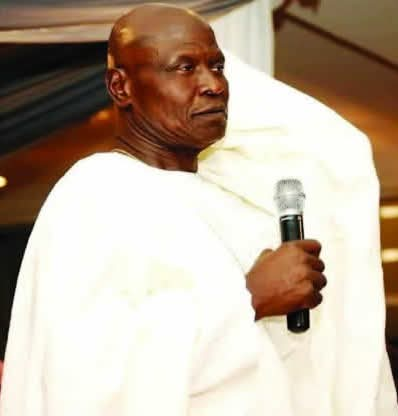Biography of Cornelius Olatunji Adebayo, Early Life and Education
Olatunji Adebayo, Early Life and Education
Cornelius Olatunji Adebayo is a prominent Nigerian politician, educator, and former public servant who held key roles in the country’s political and telecommunications sectors. His career spans decades, marked by significant achievements and controversies.
Cornelius Olatunji Adebayo Early Life and Education.
Cornelius Olatunji Adebayo was born on February 24, 1941, in Igbaja, Kwara State, Nigeria. He attended All Saints Anglican School, Oke-Onigbin, and Provincial Secondary School, Ilorin, before moving on to Barewa College, Zaria (1962–1963). He furthered his education at Ahmadu Bello University, Zaria (1964–1967), and the University of Ghana, Legon (1967–1969). After completing his studies, he became a lecturer at the University of Ife in 1969 and later served as the head of the English Department at Kwara State College of Technology in 1973.
Cornelius Olatunji Adebayo Political Career.
Early Political Roles
Adebayo began his political journey as Commissioner for Education and later as Commissioner for Information and Economic Development in Kwara State between 1975 and 1978. His leadership during this period contributed to the state’s educational and infrastructural development.
Cornelius Olatunji Adebayo Senator and Governor.
With the advent of Nigeria’s Second Republic in 1979, Adebayo was elected as a Senator representing Kwara State under the Unity Party of Nigeria (UPN). In 1983, he became the governor of Kwara State. However, his tenure was cut short by the military coup led by Major General Muhammadu Buhari on December 31, 1983.
Cornelius Olatunji Adebayo Advocacy for Democracy.
Adebayo played a significant role in the pro-democracy movement during Nigeria’s military rule. He was an active member of the National Democratic Coalition (NADECO), which opposed the regime of General Sani Abacha. After facing persecution, including interrogation and threats of arrest, Adebayo fled to Canada in 1996.
Cornelius Olatunji Adebayo Ministerial Roles.
Cornelius Olatunji Adebayo Minister of Communications.
In 2003, Adebayo was appointed Minister of Communications by President Olusegun Obasanjo. During his tenure, he advocated for the privatization of NITEL, Nigeria’s state-owned telecommunications company, and supported the expansion of telecommunications infrastructure. He worked with major global telecom companies to boost Nigeria’s telecom capacity.
Cornelius Olatunji Adebayo Minister of Works.
In September 2006, Adebayo was appointed Minister of Works, succeeding Engineer Obafemi Anibaba. His tenure focused on improving infrastructure across Nigeria.
Cornelius Olatunji Adebayo Controversies.
Adebayo’s name surfaced in the Siemens AG bribery scandal, where allegations were made about bribes paid to secure telecommunications contracts. A Munich court implicated him alongside other officials, accusing them of accepting over $17 million. In 2007, President Umaru Yar’Adua ordered investigations into the allegations, and the Independent Corrupt Practices Commission (ICPC) invited Adebayo for questioning. Despite these controversies, Adebayo’s contributions to the telecommunications and education sectors remain significant.
Legacy
Adebayo’s political and ministerial careers were marked by both achievements and challenges. His contributions to Kwara State’s education sector, including the construction of classrooms and the abolition of the shift system in primary schools, had lasting impacts. His efforts to modernize Nigeria’s telecommunications infrastructure also played a role in the sector’s growth.
Despite facing allegations of corruption, Adebayo’s dedication to democracy and public service solidifies his place in Nigeria’s political history.




